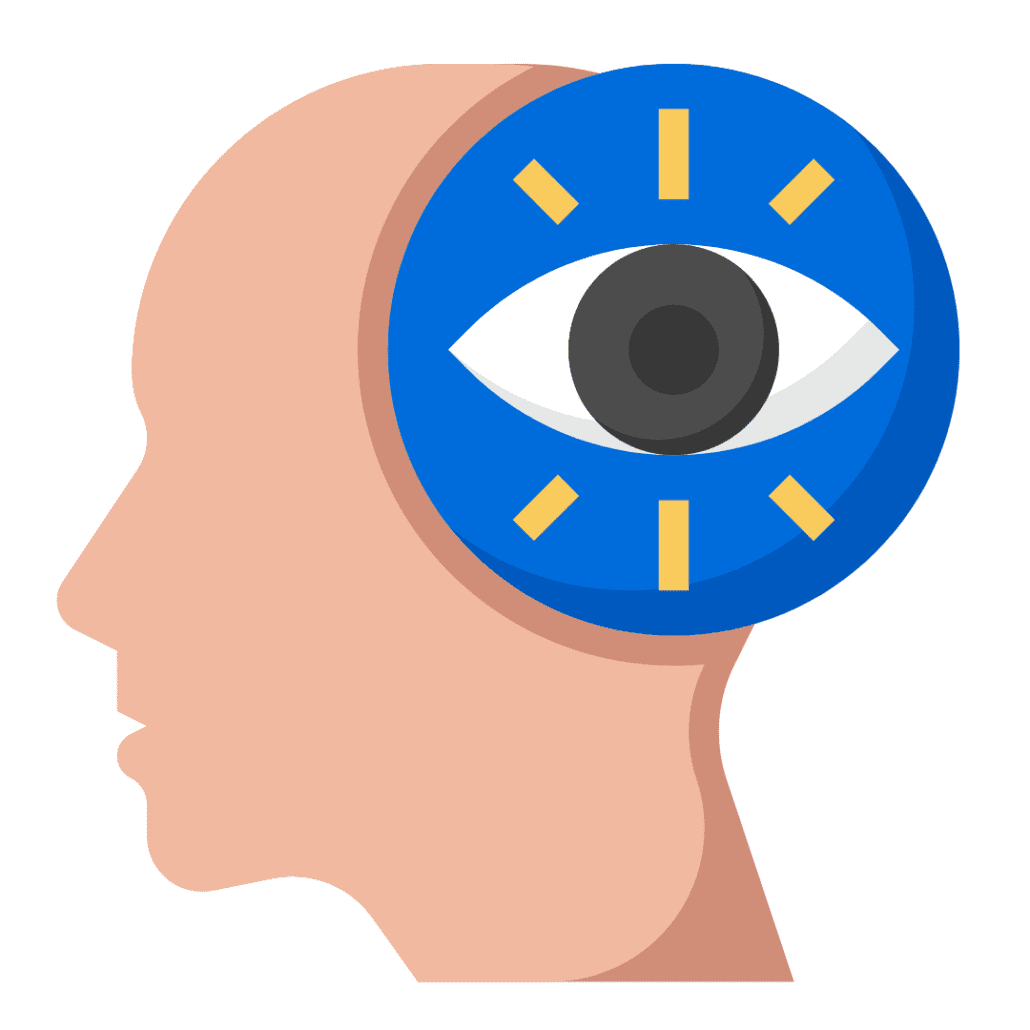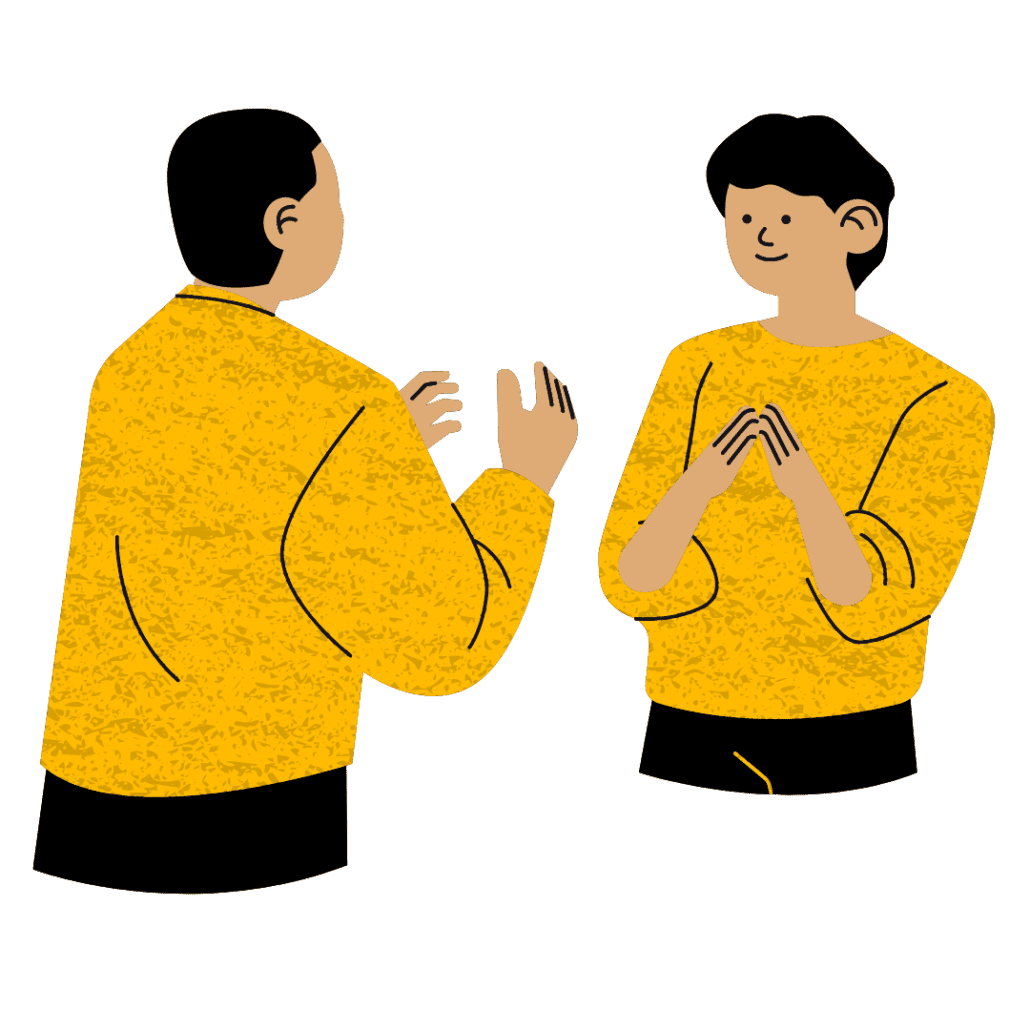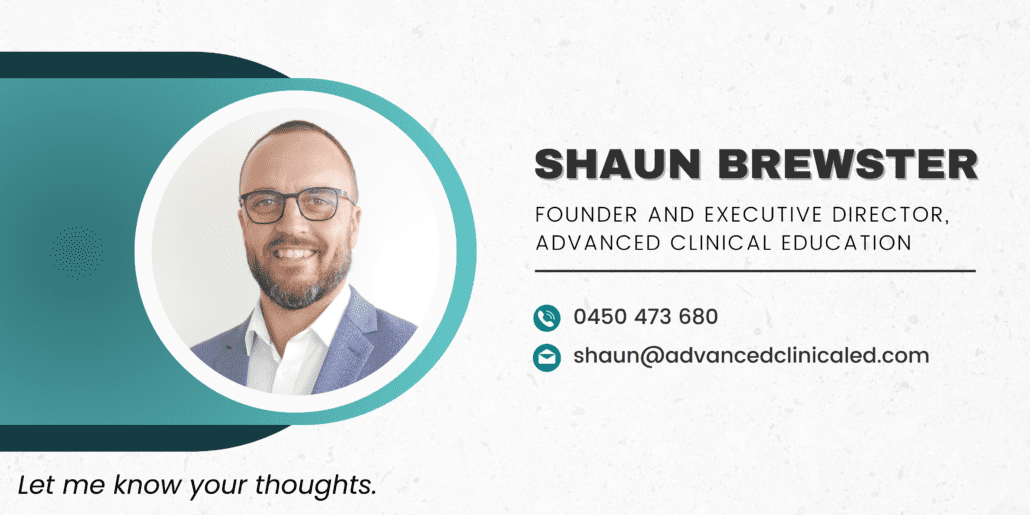Things aren’t always what they seem
I’ve been reminded of this several times recently, and it has been a good reminder that what we perceive to be the case, is not always the reality.
In the world of clinical practice, arriving at a point of mutual understanding and rapport with your patient is very important. This connection and mutual respect is key in the therapeutic alliance. The research is undeniable that when we trust our health practitioner, outcomes are more reliably positive.

So, what happens then when we find ourselves struggling to connect with the patient in the required way, and what can we do to remedy this?
I’m reminded of a patient I had years ago, where this was a very real barrier.
I was in my mid 20’s, he was in his 80’s and also from a different cultural background.
Immediately when he walked In, I could tell he didn’t want to be there. His answers to my questions were brief, blunt and disinterested. He told me he had come because his wife made him. He obviously had pain and needed help, but the psychological chasm between us was palpable.
I recall at that time making a choice to tackle this consultation differently. Rather than pushing on and diving into the treatment, hoping that the disconnect would resolve itself, I instead chose to stay in the history taking phase for longer than I normally would. I intentionally probed into his interests, his work and leisure activity history, searching for something that he and I could connect on. Eventually, after much digging, I discovered that he used to play soccer in his younger years, and that he had grandchildren who also played.
I asked him if his pain prevented him from sharing the love of soccer with his grandkids…?
That was it. He looked at me like I had asked him the magic question.
“Yes, I like to take my grandkids to the park to watch them kick the ball around, but this hip is stopping me from doing that”.
“That must be tough” I said, allowing the statement to sit with him for a moment.
In the next moment, something in him completely changed. It seemed that I had seen him for the first time. From that moment on, he was open to letting me help him.
I didn’t know much about soccer, but I did know that it meant a lot to him and his connection with his family. So, for the rest of the consultation, I interwove soccer related discussion around the physical assessment and treatment.
Over the course of that hour, his eyes lit up more and more, and he left the consultation saying he felt better and that he’d be back next week, which he did.
At first, I thought the issue here was the age difference, the cultural disconnect, a lack of interest and maybe just a grumpy old man.
I was wrong. It was just a case of someone in pain who needed someone else to care enough to find out what mattered to him most.

This happened to me again just last week.
I was teaching a course in a city I had never visited before. At the start of the day, a student arrived a little late, made her way into the class and sat in the only spare seat right at the front.
She appeared very serious, not showing much interest in the content or connection with what I was saying. This continued throughout the day, and I started to feel that I was going to struggle with her over the three days of the course.
At the end of the first day, as everyone was leaving for the night, she walked up to me and said that she enjoyed my teaching and that I was a great presenter.
Wait… What???
The next morning she came in early, smiling and showing obvious engagement.
I mentioned to her that yesterday I felt that she wasn’t enjoying the class. She corrected me and said that she was nervous and didn’t know what to expect.
Ah… what I was seeing was someone who was uncomfortable, not disinterested.
After a day of teaching and learning, she had come to realise that she could relax in my class, that she could trust me and that she could also enjoy herself.
What a revelation for us both! As the next two days played out, I saw her become more and more relaxed, happier and super engaged.
At the completion of the course, she again thanked be for a great experience.
I should have also thanked her for reminding me that not everything is as it seems, and that if we pay closer attention, dig a little deeper, and if we are willing to ask the important questions, we may just find out the truth.
I hope these two stories can help you in the important work that you do with patients every day.
I hope that they can help you in your interactions with work colleagues, and even with family and friends.
Empathy is a powerful thing, and if we layer that with the right intention, the relationships we form will always be more impactful and positive.


